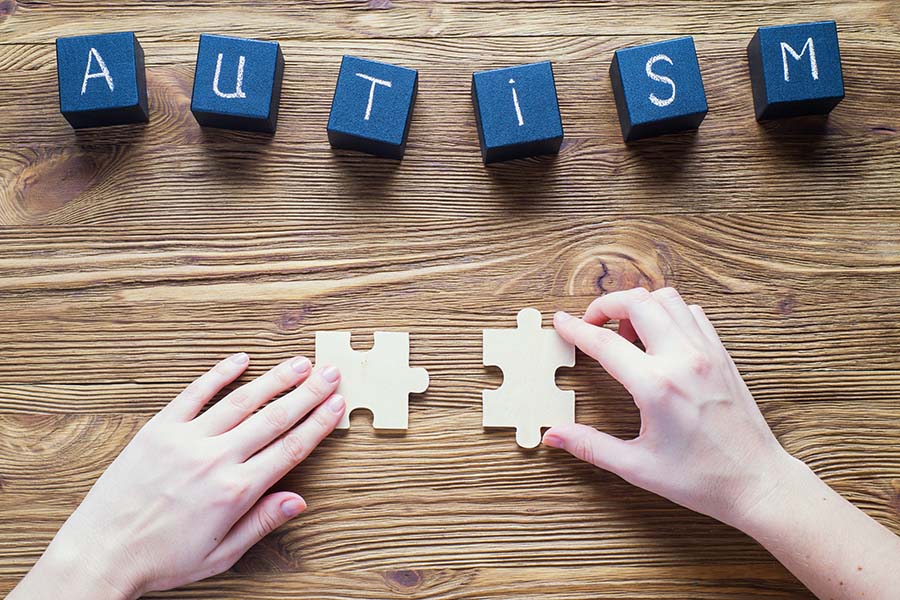
By Dr Karen Guldberg, Reader in Autism Studies
Department of Disability, Inclusion and Special Needs, University of Birmingham
Once upon a time, ‘Rainman’ was one of the few portrayals of an autistic person in the media. This has changed from ‘The A word’ to “The Bridge’, from ‘The Good Doctor’ to ‘The Autistic Gardener,’ there are now more multifaceted portrayals of autistic people on TV and cinema. Awareness of autism is growing, and that is a good thing.
Sadly though, we are are still a long way from having a detailed understanding of what it means to be autistic or what support an autistic child, young person or adult might need throughout their life. In the UK, for example, autistic children are three times more likely to be excluded from school for a fixed period than other children.
At the Autism Centre for Education and Research (ACER), we recognise what a difference a good and appropriate education can make to autistic people. We also know that we can only develop strong pedagogies and inclusive settings if we improve our understanding about how autistic people process and experience this very confusing world in which we live. As the late Donna Williams so beautifully said:
‘…..right from the start, from the time someone came up with the word ‘autism’, the condition has been judged from the outside, by its appearances, and not from the inside according to how it is experienced.’
We work in partnership with autistic people to increase understandings about how autistic people learn, to examine how teaching approaches can be improved and to identify what ‘good autism practice’ looks like in education and care, across the lifespan.
The research we do is used to inform professional development programmes. This is crucial, as a recent survey found that 60% of young autistic people said that having a teacher who understands autism is the main thing that would improve their experience of school. Fewer than five in ten teachers say that they are confident about supporting a child with autism though.[1]
By providing courses to over 400 students a year our research contributes to changing practice in classrooms and other settings. We led the creation of the Autism Education Trust professional development programme, which has now been delivered to over 150,000 school staff through the Autism Education Trust hubs. This is making an enormous difference to changing the way teachers and other school staff work with autistic pupils.
Through working closely with our community and in partnership with voluntary organisations, schools and practitioners in the UK and internationally, we will transform autism education.

Hi I am a mature student at UofB and have 2 autistic children in education aged 13 and 9. The battles I have had to fight are unbelievable. If you wanted to contact me about any aspect to help with your research i would be glad to help. I am a mom but also a clinical research graduate so can see things from both sides. So pleased you are bringing autism to the fore in a constructive and positive way.
Hi Rachel,
Thanks ever so much for your comment. I can fully imagine the battles you might have had. It is great that you might be able to get involved in research. I don’t have your email address, so I wonder whether you would be happy to email me and we could take it from there? My email address is K.K.Guldberg@bham.ac.uk
All the very best,
Karen